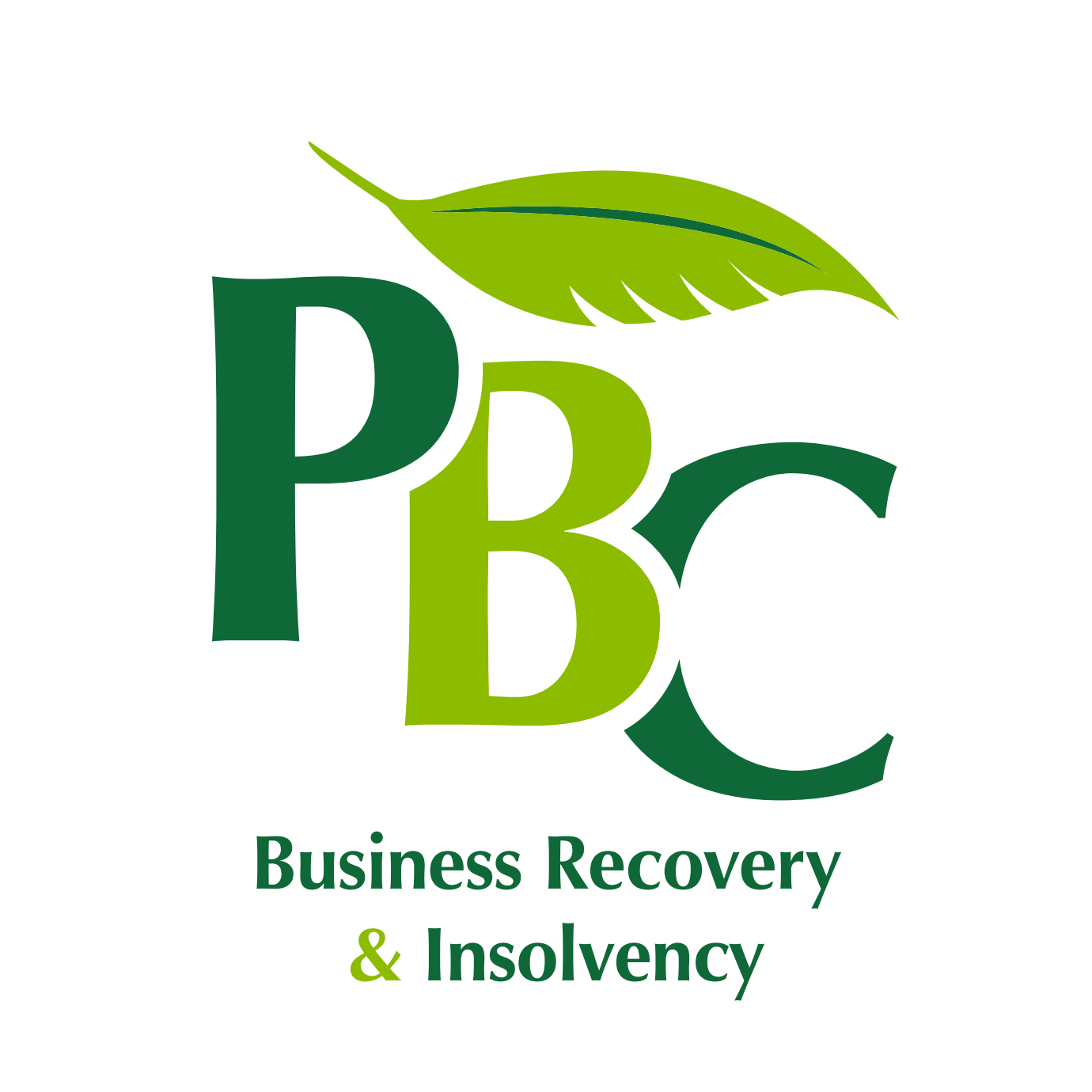Have any of your clients taken out a Covid-based loan? If so, then what are your responsibilities as the advising accountant?
At PBC we have noticed a marked increase in businesses looking to close down (by way of strike off or through liquidation) where there is an outstanding bounce back loan (“BBL”) or a CBIL, or in some cases, both.
Due to the uncertainty of what must be done to demonstrate they have exhausted all avenues of recovery (before being able to claim under the Government guarantee) lenders are objecting to strike off. Lenders are also writing to directors, pressurising them to repay the Covid loans. There is also a notable heightened attention to companies in liquidation with unpaid Covid loans (for director disqualification and restoration purposes) where Covid loan monies have been used for personal benefit. As you will be aware, in order to receive a BBL in the first instance, the applicant had to confirm it would not be used for personal purposes but working capital for the business.
So, where does this leave the advising accountant?
While accountants are not required to identify what a BBL was used for, it is likely they will receive this information when preparing their clients’ accounts. If accountants consider their clients may have used BBL funds for personal purposes (e.g. to redeem a personal loan or to purchase a family car etc) they may, depending on the circumstances, have an obligation to submit a Suspicious Activity Report (“SAR”).
ICAEW members (whether in private practice or in business) must adhere to the Code of Ethics which includes the fundamental principle of integrity. Paragraph R111.2 provides an accountant shall not knowingly be associated with reports, returns, communications or other information where they believe that the information:
- contains a materially false or misleading statement; or
- contains statements or information provided recklessly; or
- omits or obscures required information where such omission or obscurity would be misleading.
In addition to the ethical code, accountants must consider their anti-money laundering obligations. In general, accountants are required to submit a SAR to the National Crime Agency, where information comes to them in the course of their business, which leads them to suspect that another person is engaged in money laundering.
As will be the same for insolvency office holders, accountants should question the application of Covid loan monies and consider whether those monies now form an adverse directors’ loan account. These enquiries may sail close to tipping off under the money laundering regulations so extra caution is advised in such circumstances. In our opinion, serious consideration of submitting a SAR must be given if the information to secure the BBL or CBIL in the first instance was false or misleading.
As a guide, when looking at circumstances specifically surrounding BBLs we suggest advising accountants consider:
- Had the company filed dormant accounts for 2019 and/or 2020?
- Was turnover overstated (in the on-line application) by more than 25%?
- Was a loan obtained for more than 25% of turnover?
- Were the directors aware of insolvency at the time of application?
- Was the application after a petition or winding up resolution?
- Was the business trading outside of the UK?
- Had the business ceased trading pre-1 March 2020?
Directors are increasingly seeking to defend insolvency officeholder actions by pointing the accusing finger at their accountant and if that accountant has failed to meet their prescribed duties it could place them in an uncomfortable position. It, therefore, goes without saying you should be satisfied with the level of conduct demonstrated by your client when it comes to BBL or CBIL as, with some 1.5 million loans made, this could become a very hot topic.
Should you have an insolvency-related issue then please contact me at PBC Business Recovery & Insolvency on (01604) 212150 (Northampton office) or (01234) 834886 (Bedford office). Alternatively, you may send an email to garypettit@pbcbusinessrecovery.co.uk or access our website at www.pbcbusinessrecovery.co.uk


